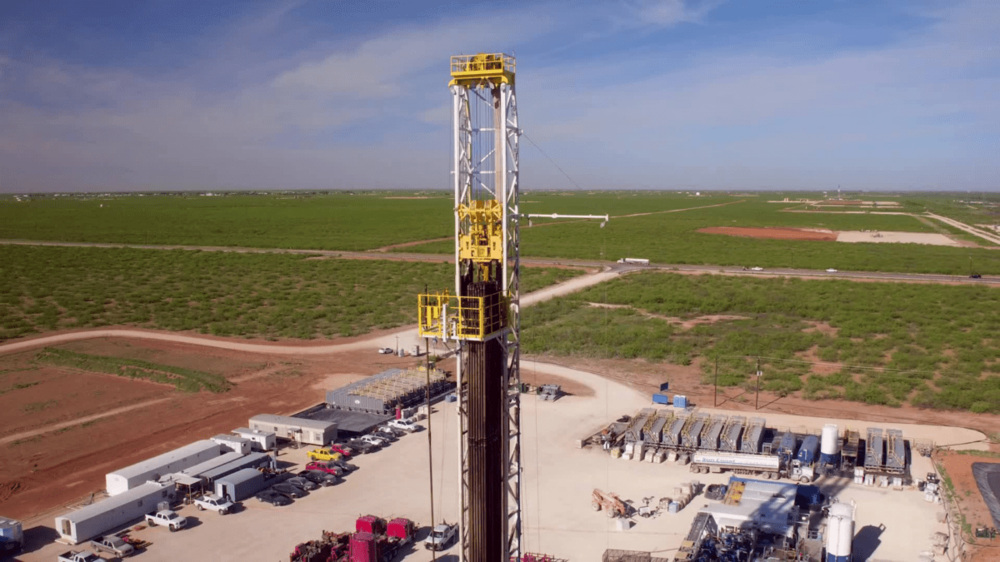In a monumental move, Exxon Mobil has announced its acquisition of Pioneer Natural Resources, a deal sealed at a staggering $59.5 billion, marking it as the largest deal by the oil giant since the Exxon and Mobil merger in the late 1990s. This all-stock transaction is not merely a business expansion but a strategic maneuver in the energy sector, particularly focusing on gas production in Texas. Pioneer, with its extensive 850,000 net acres in the Permian Basin in West Texas, will more than double Exxon’s output in a region that contributed to 18% of all U.S. natural gas production in 2022.
This acquisition comes at a time when the energy industry, especially fossil fuel giants, are under the microscope for their environmental impact. Exxon Mobil, by acquiring Pioneer’s significant assets in the Permian Basin, is not only expanding its physical resources but also strategically positioning itself in the natural gas sector. The deal is expected to close in the first half of 2024, subject to regulatory and Pioneer shareholder approval. However, it’s crucial to note that this expansion occurs in a period where global conversations are pivoting towards sustainable energy, raising eyebrows on Exxon’s massive investment in fossil fuel exploration and production.
The merger brings to light the ongoing tug-of-war between economic development and environmental sustainability. Exxon Mobil, with its record $56 billion profit in 2022, the largest annual gain ever recorded by a Western oil company, is clearly capitalizing on the surging energy prices. However, this move may be seen as a clinging to fossil fuel dependency amidst a global shift towards cleaner energy alternatives. The question arises: How will Exxon Mobil balance this expansion with the pressing need to reduce greenhouse gas emissions and transition towards more sustainable energy practices?
Similar Posts
The Exxon and Pioneer merger is a mirror reflecting the broader fossil fuel industry’s stance amidst the climate crisis. While the deal is lucrative from a business standpoint, it also signals a persistence in a path that is increasingly at odds with global climate goals. Svein Tveitdal from UN environmental program stated that Exxon Mobil’s strategic acquisition of Pioneer Natural Resources, a monumental move not witnessed since its 1999 merger with Mobil, signals a high-stakes wager, anticipating a stable U.S. energy policy that will not significantly pivot against the fossil fuel industry. This bold venture not only underscores Exxon’s sustained commitment to fossil fuel investments but also reflects a speculative stance that the U.S. will maintain a balanced energy policy, allowing the fossil fuel sector to continue its operations without imposing stringent restrictions or shifts towards renewable energy sources. The energy industry, especially oil giants, are at a crossroads where the decisions made today will significantly impact the future of our planet. The merger, thus, is not merely a business transaction but a statement on the direction in which these companies are headed in the larger context of global energy and environmental futures.
As Exxon Mobil embarks on this significant merger, it’s imperative to ponder whether this move is a visionary stride into a prosperous future or a reluctant adherence to past practices. The energy industry is undeniably pivotal in shaping our environmental future, and as such, the steps taken by giants like Exxon Mobil will carve the path forward. Will this merger be a stepping stone towards innovating cleaner fossil fuel practices, or will it be a hindrance in the global stride towards sustainable energy? Only time will unveil the impact of this merger on the energy sector and, more crucially, on our planet’s future.


















